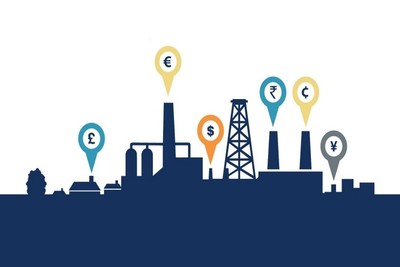Carbon Pricing in Higher Education Institutions and the Implementation of Carbon Pricing at the University of Notre Dame
- Student
- Dana Plagenz
- College(s)
- Mendoza College of Business
- Faculty Advisor
- Sam Miller
- Class Year
- 2021

The purpose of this capstone is twofold: to provide a background of Carbon pricing in higher education institutions in the United States and to recommend the first steps towards Carbon pricing at the University of Notre Dame. Throughout this paper, my larger argument will be that Notre Dame should commit to achieving net-zero emissions by 2050.
This timeline is consistent with the recommendations put forth by the IPCC in its 2018 report (“Summary for Policymakers”). While I recognize that this would be a tremendous commitment for Notre Dame, I believe that it would allow The University to effectively pursue its mission as one of the world’s leading Catholic Universities. Every long journey starts with a small step, and this capstone argues that Notre Dame’s first step toward carbon neutrality should be to track and price scope 3 Carbon emissions.
In this capstone, I provide background information on the practice of Carbon pricing, discuss the implementation of Carbon pricing schemes at other universities, and identify barriers that are keeping Notre Dame from implementing a carbon pricing system. Additionally, I provide an analysis of data collected from Notre Dame that shows the impact Carbon pricing could have on emissions from university-sponsored air travel and waste generated in operations. Lastly, I recommend future steps for Notre Dame to take and discuss how these steps could improve our environmental impact and our STARS ratings in the future.